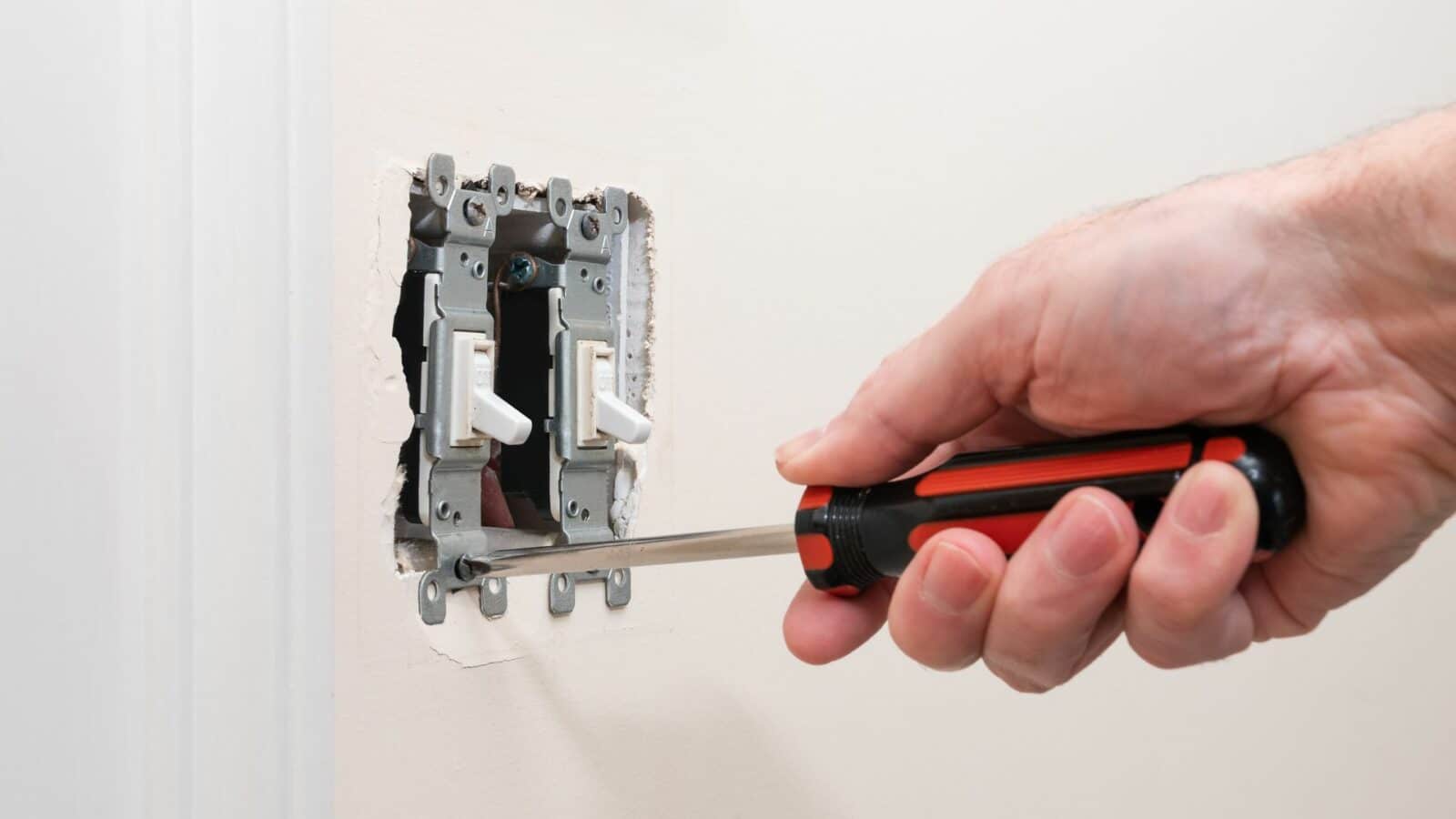Gas and electricity are two essential components of any household, providing the energy needed to power a wide array of appliances and devices. As much as these utilities contribute to our day-to-day convenience, they also pose potential safety hazards if not handled and maintained properly. As a homeowner, it is crucial to prioritize safety measures when it comes to gas and electricity within your residence. In this blog, we will delve into some important tips and practices to ensure the safety of your home and family.
Gas Safety Tips:
1. Regular Inspections: It’s vital to have your gas appliances, such as boilers, cookers, and heaters, inspected annually by a Gas Safe registered engineer. This helps identify and address any potential issues before they escalate into safety hazards.
2. Ventilation: Proper ventilation is crucial for gas appliances to function safely. Ensure that all rooms with gas appliances have adequate ventilation to prevent the build-up of carbon monoxide, a colorless and odorless gas that can be lethal if inhaled.
3. Gas Leak Detection: Familiarize yourself with the distinct smell of gas, often described as similar to rotten eggs. If you detect this odor, quickly turn off the gas supply at the mains, open windows and doors, and contact a Gas Safe registered engineer to investigate the source of the leak.
4. Carbon Monoxide Alarms: Install carbon monoxide alarms in your home, particularly in rooms with gas appliances. These alarms can detect any presence of carbon monoxide and provide early warnings for potential leaks.
Electricity Safety Tips:
1. Regular Maintenance: Periodically inspect the condition of electrical cords, plugs, and outlets for signs of wear and tear. Frayed cords or damaged outlets should be replaced immediately to avoid electrical hazards.
2. Overloading Circuits: Avoid overloading electrical circuits by plugging too many devices into a single outlet. Use power strips with built-in circuit breakers to prevent overloading and minimize the risk of electrical fires.
3. Water and Electricity: Keep electrical appliances away from water sources to prevent electrocution. Ensure that your hands are dry before handling electrical devices and never touch an electrical appliance with wet hands.
4. Professional Checks: If you experience frequent power surges, flickering lights, or other electrical issues, consult a qualified electrician to inspect and rectify the underlying causes.
General Safety Tips:
1. Emergency Procedures: Familiarize yourself and your family with emergency procedures in the event of a gas leak or electrical malfunction. Have emergency contact numbers readily available and know how to shut off the gas and electricity supply to your home.
2. Educate Family Members: Ensure that all family members are aware of safety protocols regarding gas and electricity. Teach children about the dangers of these utilities and how to respond in case of emergencies.
3. Stay Informed: Keep abreast of safety guidelines and updates related to gas and electricity. Stay informed about any recalls or safety notices regarding your gas appliances and electrical devices.
By prioritizing safety and implementing these tips, homeowners can significantly reduce the risk of gas and electricity-related accidents within their households. Remember, safety should always come first when dealing with these essential utilities. Regular maintenance, awareness of potential hazards, and prompt action in case of emergencies are key elements in promoting a safe home environment.
It’s crucial to prioritize safety measures when it comes to gas and electricity within your residence. In this blog, we have delved into some important tips and practices to ensure the safety of your home and family.









